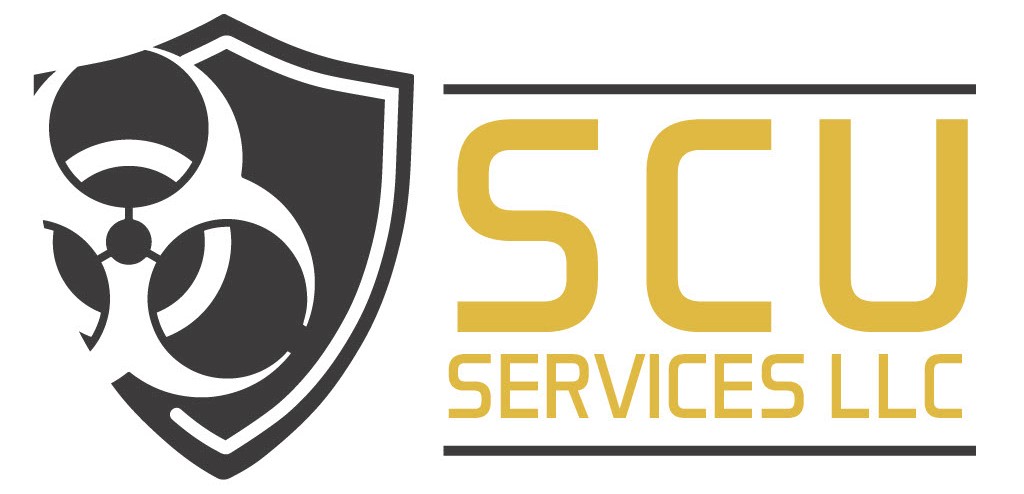
Recognizing Hoarding: Signs and When to Call for Help
Hoarding is a serious condition that can affect anyone. It involves the excessive collection of items that become a problem over time. These items often fill up living spaces, creating an unsafe or unhealthy environment. In this article, we will look at the signs of hoarding and when it is time to ask for professional help.
What is Hoarding? Understanding Excessive Collecting Behavior
Hoarding is more than just keeping things. It is a behavior where someone collects things they don’t need, and they feel unable to let go of them. This can be anything from old newspapers to clothing, or even things like broken furniture. Over time, the hoarding behavior can cause stress, harm relationships, and make daily living difficult.
Key Indicators of Hoarding: Spotting Clutter Accumulation
Hoarding can be hard to spot, especially in the beginning. However, there are a few clear signs that you can watch for:
Overcrowded Spaces
If rooms, hallways, or even kitchen counters are filled with clutter, it may be a sign of hoarding. These spaces may be so filled that they are no longer usable.
Difficulty Getting Rid of Items
People who hoard often struggle to throw away even things that seem useless to others. This could include items that are broken or no longer needed.
Feeling Anxious About Throwing Things Away
If a person feels deeply upset or anxious about getting rid of items, it can be a sign of hoarding. They may feel these things are valuable or that they might need them in the future.
Safety Hazards
Hoarding can create unsafe living conditions. Items stacked high could block exits, making it difficult to escape in case of an emergency. The clutter can also lead to trips or falls.
Isolation Due to Clutter
People who hoard may stop inviting friends or family over because they are embarrassed about the mess. This isolation can make the problem worse.
How Hoarding Affects Health: The Consequences of Cluttered Living
Hoarding can seriously impact physical and mental health. The clutter can make it difficult to clean, leading to unsanitary conditions. Dust, mold, and pests can create health risks. It can also cause stress, anxiety, and depression. The emotional burden of living in a cluttered space can affect a person’s ability to focus or be productive.
When to Seek Professional Help for Excessive Collecting: Understanding the Need for Support
If you notice these signs of hoarding in yourself or someone else, it’s important to seek help. It may be tempting to wait, hoping the situation will improve, but hoarding usually gets worse without intervention. Here are some signs that it’s time to call a professional:
Safety Concerns from Clutter
If the clutter is blocking exits, creating fire hazards, or causing falls, immediate help is needed.
Emotional Strain from Over-Accumulating Items
If hoarding is affecting someone’s mental health or relationships, it’s important to get help. People who hoard often feel guilty or overwhelmed.
Continuous Clutter Growth
If the clutter continues to grow and nothing is being done about it, a professional may be needed to help manage the situation.
Difficulty Managing Possessions
If someone is unable to stop collecting items or getting rid of things, they may need therapy or counseling.
How a Professional Can Help with Clutter Accumulation: Solutions and Support
A professional can offer support in several ways. Therapy is one of the most important tools in treating hoarding. Cognitive-behavioral therapy (CBT) can help people change their thinking patterns around possessions. A professional organizer can also help by working with the person to clear out clutter in a safe, non-judgmental way. In some cases, professional hoarding cleanup services may be needed to remove the buildup of items safely.
FAQs
How do you tell a hoarder they need help?
Approach them with compassion and express concern for their safety and well-being.
How to recognize hoarding?
Look for excessive clutter, difficulty discarding items, and unsafe living conditions.
How do you help someone who hoards?
Encourage them to seek professional help, such as therapy or a professional organizer.
What is the treatment protocol for hoarding?
Treatment typically involves cognitive-behavioral therapy (CBT), decluttering support, and sometimes medication.
Contact SCU Services for Hoarding Help: Get Professional Assistance Today
If you or someone you know is struggling with hoarding, don’t wait. SCU Services is here to help. Our team of professionals understands the challenges of hoarding and is ready to provide the support needed. We offer specialized services, including therapy and organizing, to help you regain control of your living space.
Contact us at 866-614-1638 today to take the first step toward a healthier, safer home. Apart from hoarding services, we also offer other services like crime scene, trauma, or death, and other biohazard clean-up.
